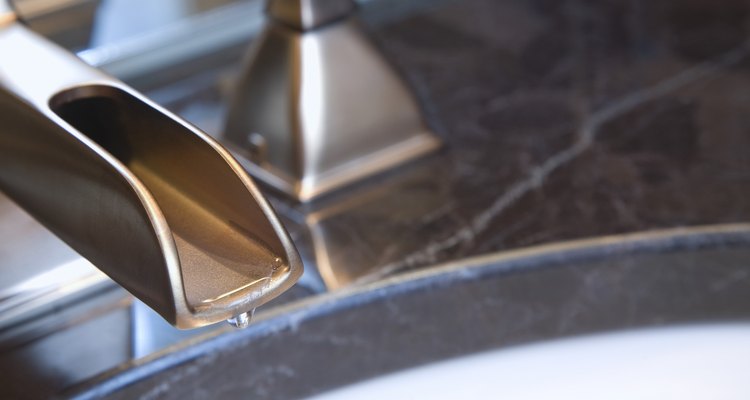
Design Pics/Design Pics/Getty Images
Between 40 and 50 million Americans suffer from acne, making it the most common skin disorder in America, according to the American Academy of Dermatology. In most cases, it initially pops up during the mid-teens, but it can continue well into adulthood. Acne can affect your face, chest and back and may be caused by a few different factors.
Causes
Among the main causes of acne are increasing hormone levels during adolescence, which increase oil production in your skin, states the American Osteopathic College of Dermatology. Canals that oil travels through to get to the surface of your skin can become blocked, trapping the oil and the Propionibacterium acnes, or P. acnes, bacteria that live on the skin. In some people, this may lead to inflammation and cause acne pimples or comedones.
Aggravating Factors
The causes of acne are biological, so water softener cannot cause acne. However, some factors can make acne worse — and water softener might, instead, be beneficial. According to the Merck Manuals Online Medical Library, inadequate face washing and cleansing agents are acne triggers. Hard water in your home compounds might contribute to these triggers.
Skin Effects of Hard Water
In “Water Conditioning & Purification,” certified water specialist Greg Reyneke points out that hard water is a poor cleaner because it’s packed with inorganic minerals such as calcium and magnesium. These minerals can interact with chemicals in soap to create build-up or a curd that clings to your skin — the same film you notice on glasses or cutlery. As a result, your pores become clogged and block oils from reaching the skin’s surface, which may worsen skin conditions such as acne and eczema.
Benefit of Water Softeners
Water softeners eliminate magnesium and calcium ions from hard water by switching them with sodium or potassium ions, according to the Environmental Protection Agency. Currently, there are no scientific studies on the effects of water softener on acne. But researchers at Portsmouth University have been investigating its use for another skin condition, eczema.
Caution
Acne is a medical condition that can be treated with over-the-counter medications such as benzoyl peroxide and salicylic acid. However, if acne does not clear up after four to eight weeks of treatment, consult a dermatologist who can offer more advice on proven remedies and their possible side effects. Keep in mind that you will need to continue these treatments to prevent future breakouts.
Related Articles

Can You Tighten Facial Skin With Cold ...

Tea Tree Oil as a Natural Remedy for ...

How to Get a Hard Water Stain Out of ...

Is It Better to Wash Your Face With Hot ...
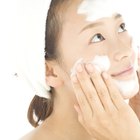
Noxzema Ingredients
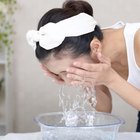
Face Wash Ingredients
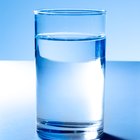
Does Drinking Water Fatten Your Cheeks?

How to: Eucalyptus Oil as a Flea ...
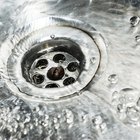
What Are the Benefits of Water ...

How to Deodorize Crocs

Can You Hand Wash Silk That Says Dry ...

Detergents That Soften Hard Water for ...

How to Make Your Mystic Tan Last Longer

How to Make Marshmallow Creme Smooth ...
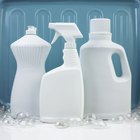
Difference Between Soap & Synthetic ...

How to Clean Dress Pants

How to Remove Acne Scars With Water

List of Water-Rich Foods

What Ingredients Are in Oil of Olay ...
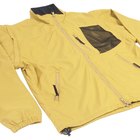
How to Get an Oily Gel Spot Out of a ...
References
Resources
Writer Bio
Kay Uzoma has been writing professionally since 1999. Her work has appeared in "Reader’s Digest," "Balance," pharmaceutical and natural health newsletters and on websites such as QualityHealth.com. She is a former editor for a national Canadian magazine and holds a Bachelor of Arts in political science from York University.
Photo Credits
Design Pics/Design Pics/Getty Images